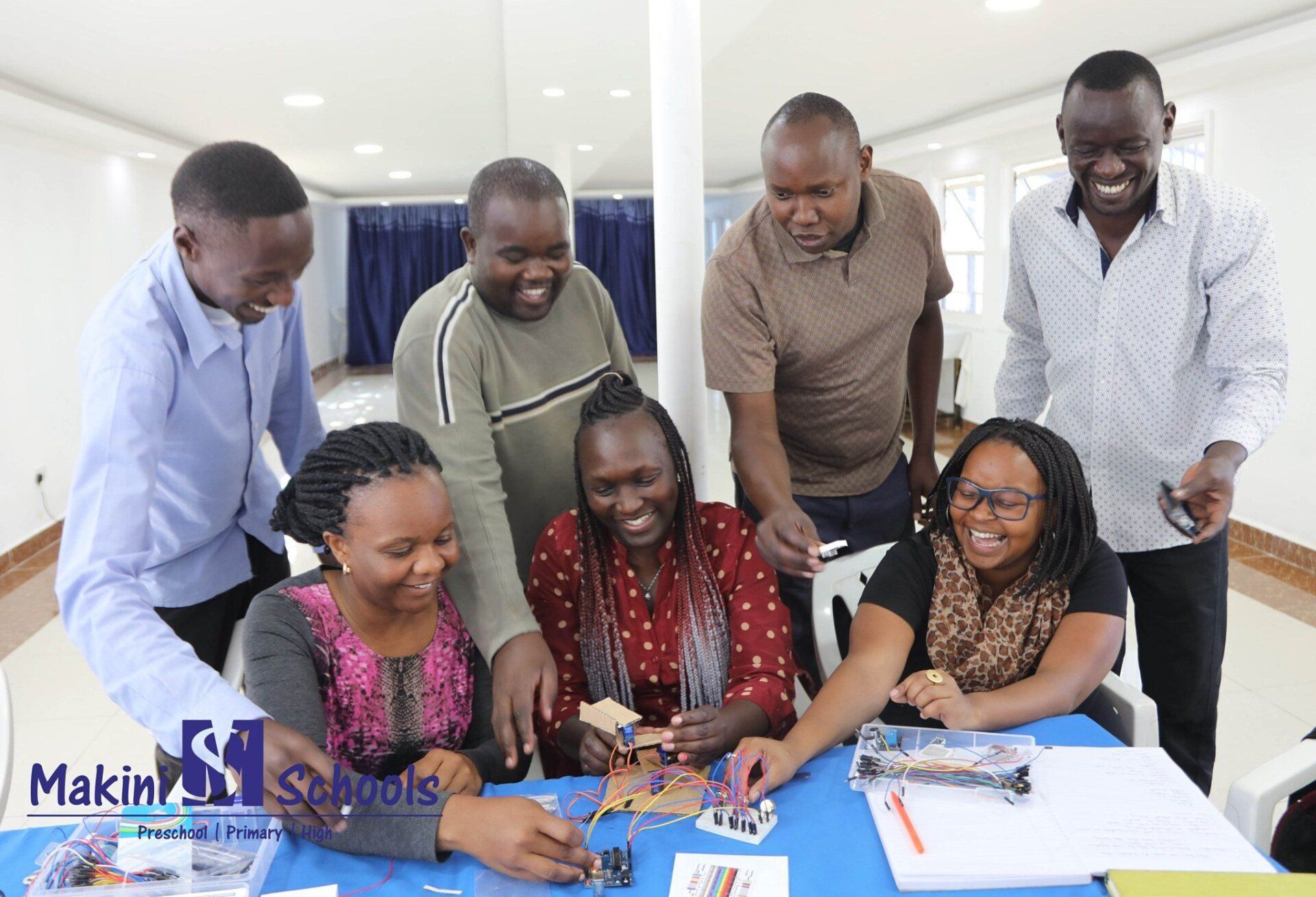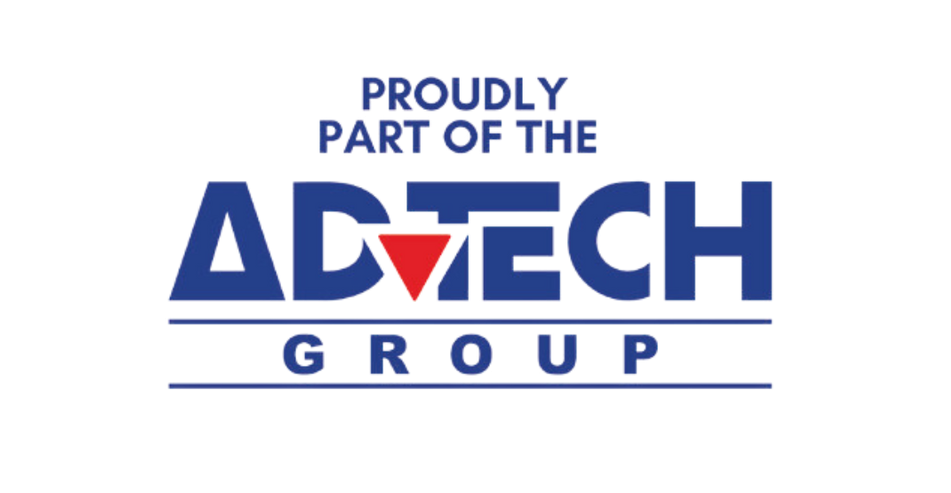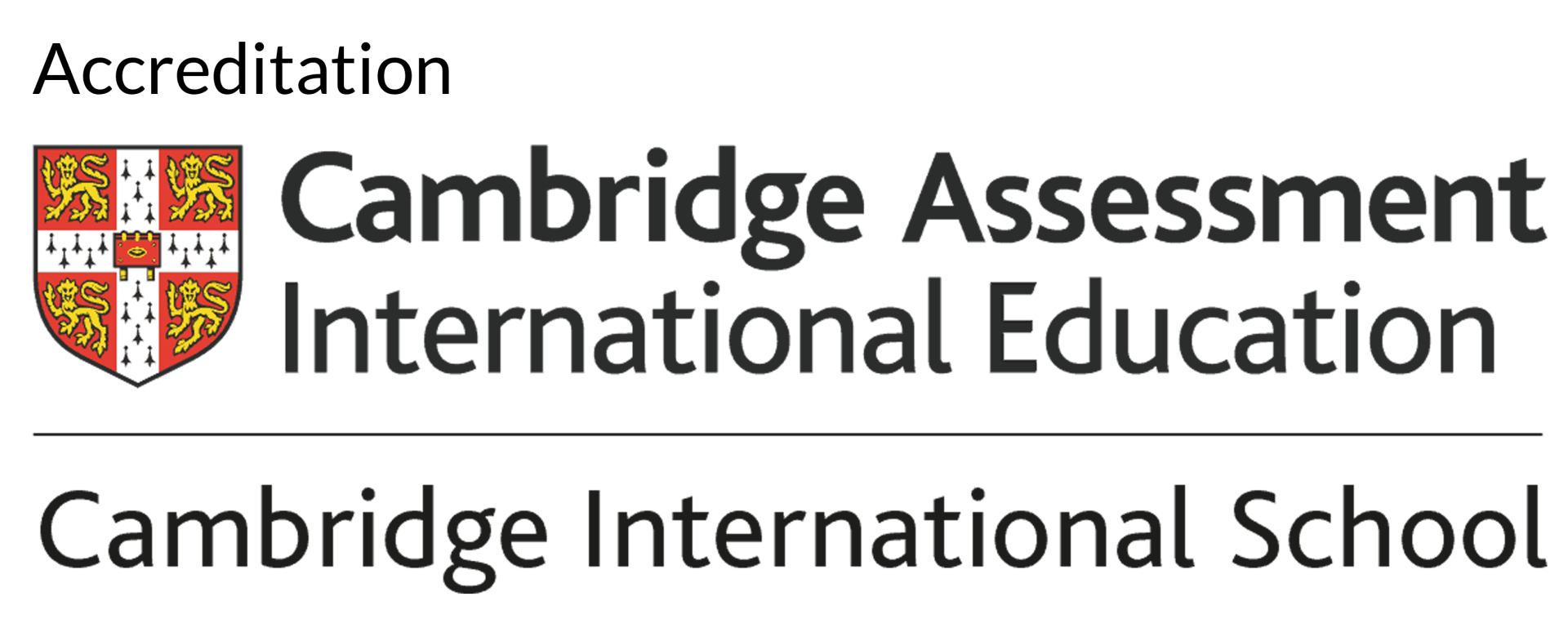Preparing Learners for Life After School
“When educating the minds of our youth, we must not forget to educate their hearts.”
It is that time of the year, where the Form 4 learners feel great to finally be approaching the end of their secondary school journey. However, they can’t help but feel a little anxious about what the future holds, while that big question lingers, “what’s next?”.
The transition from high school to a tertiary education is challenging for many learners. In addition to the typical challenges faced by learners starting university, the pending change and the unknown can create concern and negative outcomes for undecided adolescents, impacting their overall wellbeing.
Therefore, assistance is required. Many schools have highly educated and experienced school counsellors whose aim is to assist the academic team to help learners navigate their studies, personal and social growth, and assist them in exploring their options for life after high school.
At the Makini High Schools, the mission is to support our learners academic career and social-emotional development. The counsellors bring a wealth of insight, knowledge and resources to a variety of student-centred issues and are vital members of the education team.
The specific roles that a school counsellor takes on vary, depending on the needs of the learner. A close-knit relationship with other professionals such as the psychologists and social workers is sometimes also important to assist the learner through their educational career. All professionals create an environment where learners can:
- Open up confidently without being judged;
- Be provided with the tools to deal with the pressures and issues of everyday life;
- Explore their own self;
- Be provided the tools to take on challenges and problems in a positive way;
- Step into life with fulfilment;
- Get new perspectives;
- Work on improving communication and interpersonal skills;
- Learn growth mindset in order to change and adapt their self-defeating behaviours and habits;
- Be provided with a controlled environment to learn a better way of expression and management of emotions, including anger;
- Have a confidant to assist them to work through anxiety and/or other mental health issues; and
- Be provided with skills to better develop and understand their confidence and decision-making skills.
The counsellors empower learners to build on their passions, gain relevant skills and explore alternative possibilities to create a map – individualise – for their success. This includes answering questions about life after their final year. “Where to from here?”; “Should I continue studying or gain practical experience in the workplace?”; “Do I have what it takes to be a young entrepreneur?”; “Will a gap year be the best for me before my studies?”. Laying out every possibility, is the most important for each learner to make an informed choice. Here is some sound advice for dealing with these questions:
- When faced with the nerve wrecking decision about life after high school, you may have loads of questions you need to formulate answers for. Take a minute and speak to the people in the know. Ask parents, friends and relatives for help, but do not let them make the decision for you. Even ask if you can shadow some people in their workplace to see if the career path you are planning to embark on will be the correct one for you. Do your research and don’t let anyone bully you in doing something that you are not interested in.
- Not everyone has to choose the same route. A number of learners won’t know precisely what to do after school and have their career paths all mapped out. Being pressured by friends or family to go into a career path not suitable for you is not the way to go. You have to consider this very carefully in order not to waste your time and perhaps your parent’s money. Take some time off. Some universities' intake time is later in the year and taking some time or doing some short courses will perhaps open your mind to new career possibilities.
- You can change your mind. A great deal of learners enter into a study course because they are pushed into that direction, but half way through realise that it is not something they will be passionate about doing. Speak to your student advisors and university counsellors to see how you can get credits for the subjects you’ve completed. In addition, have an open and honest discussion with your parents. Speak through your concerns and have an alternative plan handy when approaching them.
- Go for it. Once you’ve made a decision, dedicate yourself one hundred percent to your studies and give it your all. Be the master of your own destiny, be committed to make a success that will not only affect the rest of your life but become part of who you are.
- Remember to schedule time for socialising and relaxing. You need to unwind without forgetting about your responsibilities, but make new friends and enjoy the process.
Parents, keep your focus on your unique child’s life satisfaction and future happiness. Acknowledge your child’s efforts. Notice and affirm their choices and be there to lift their spirits and instil confidence as they embark on the next phase of their lives.













